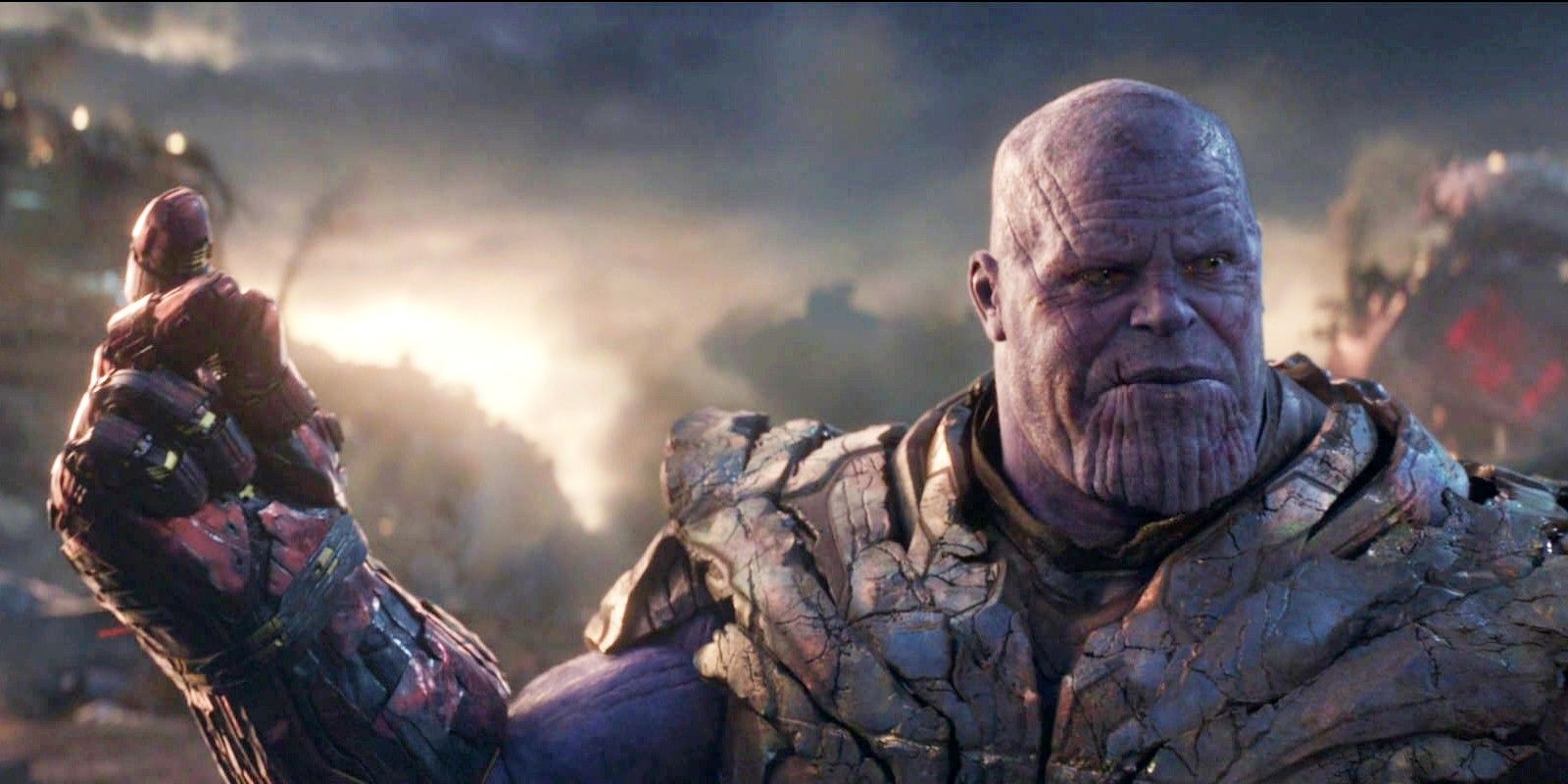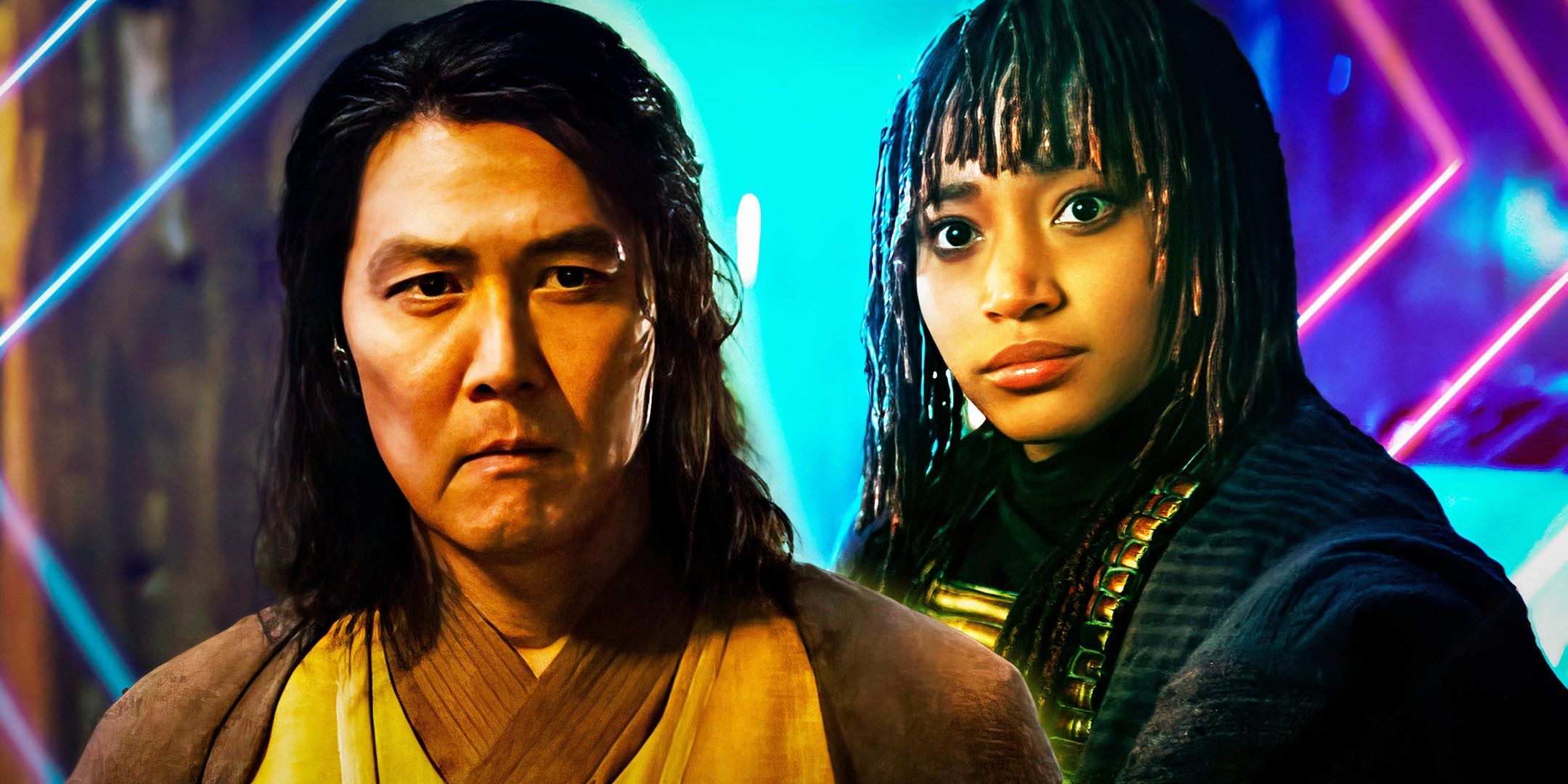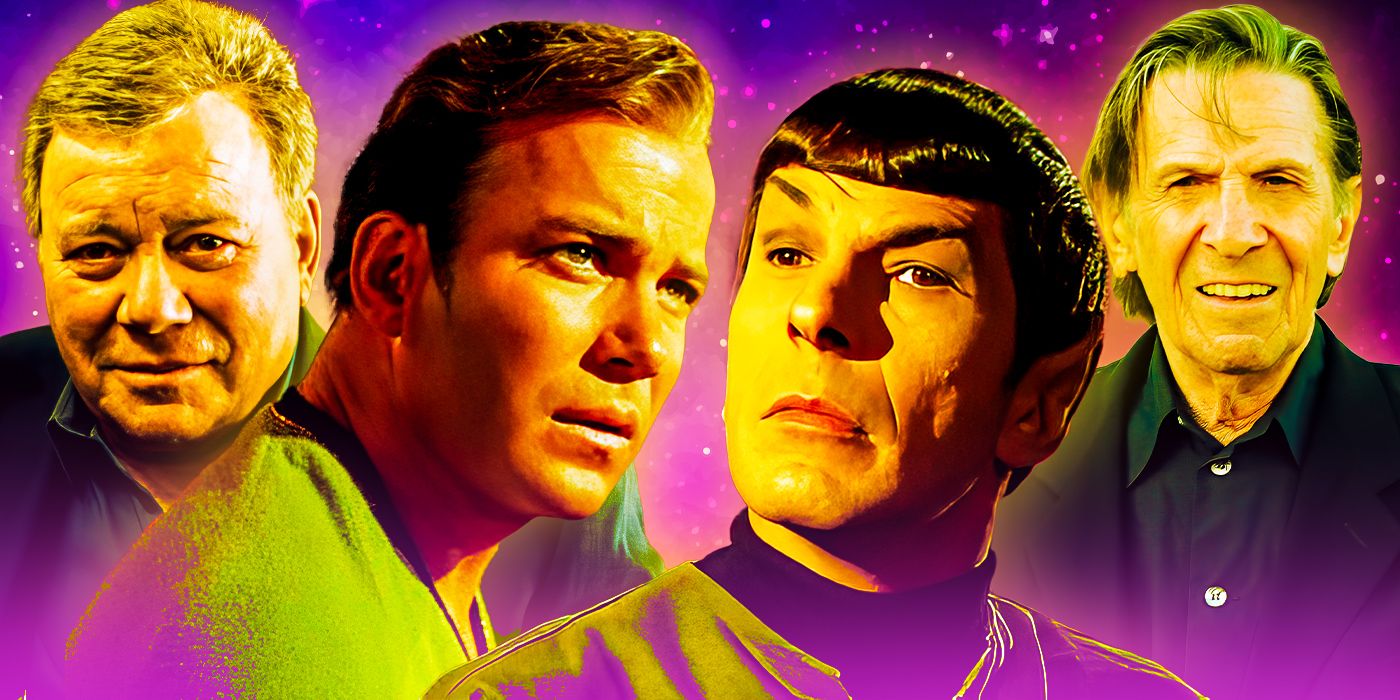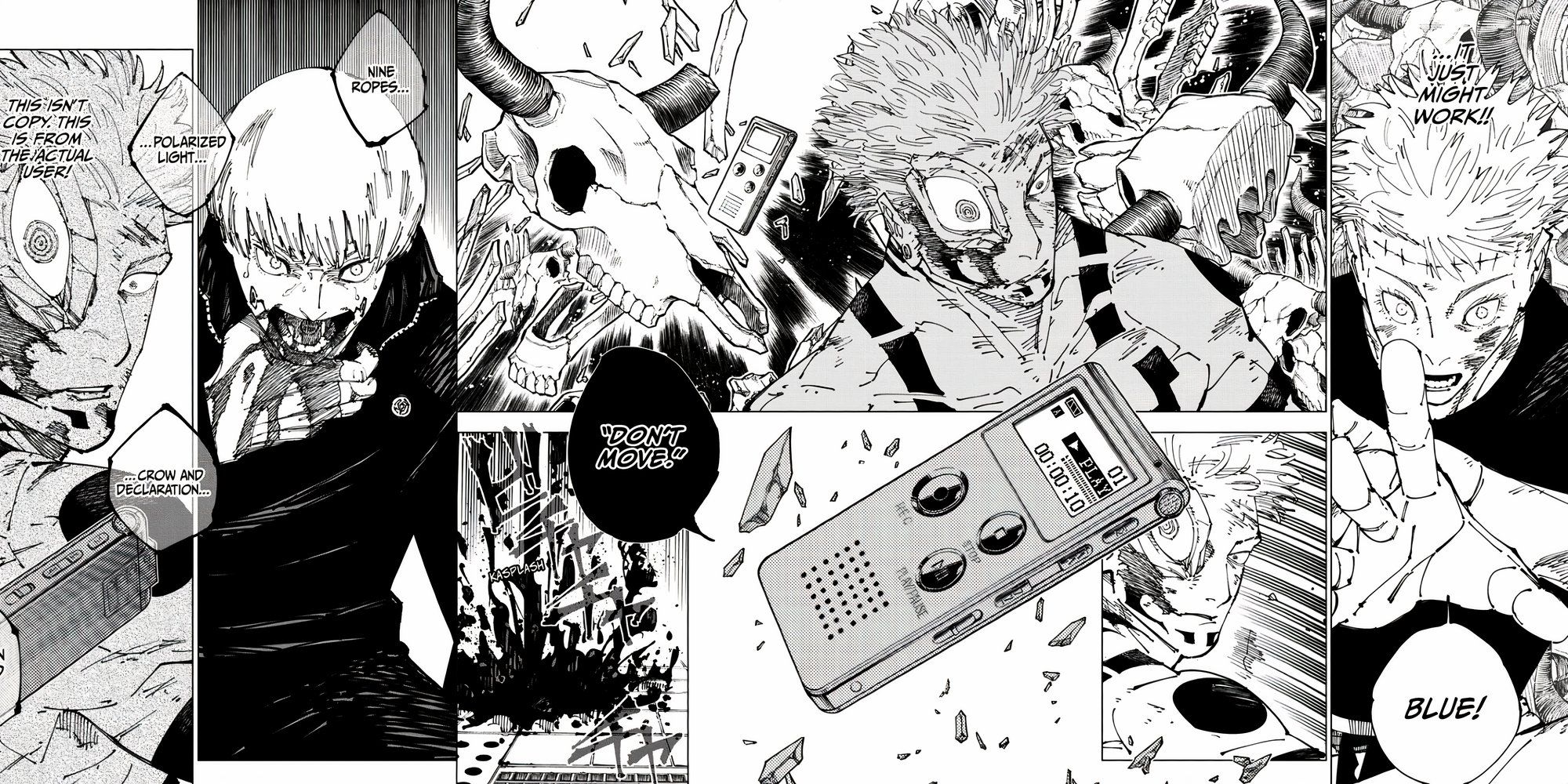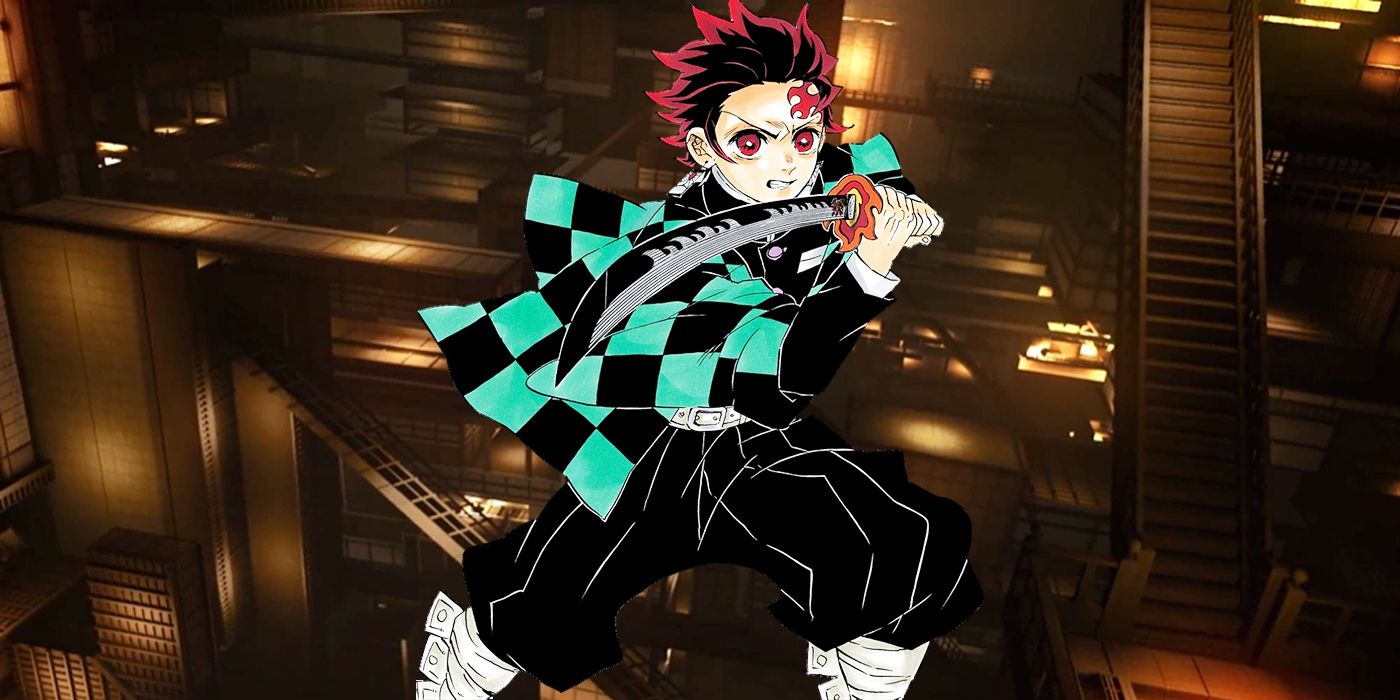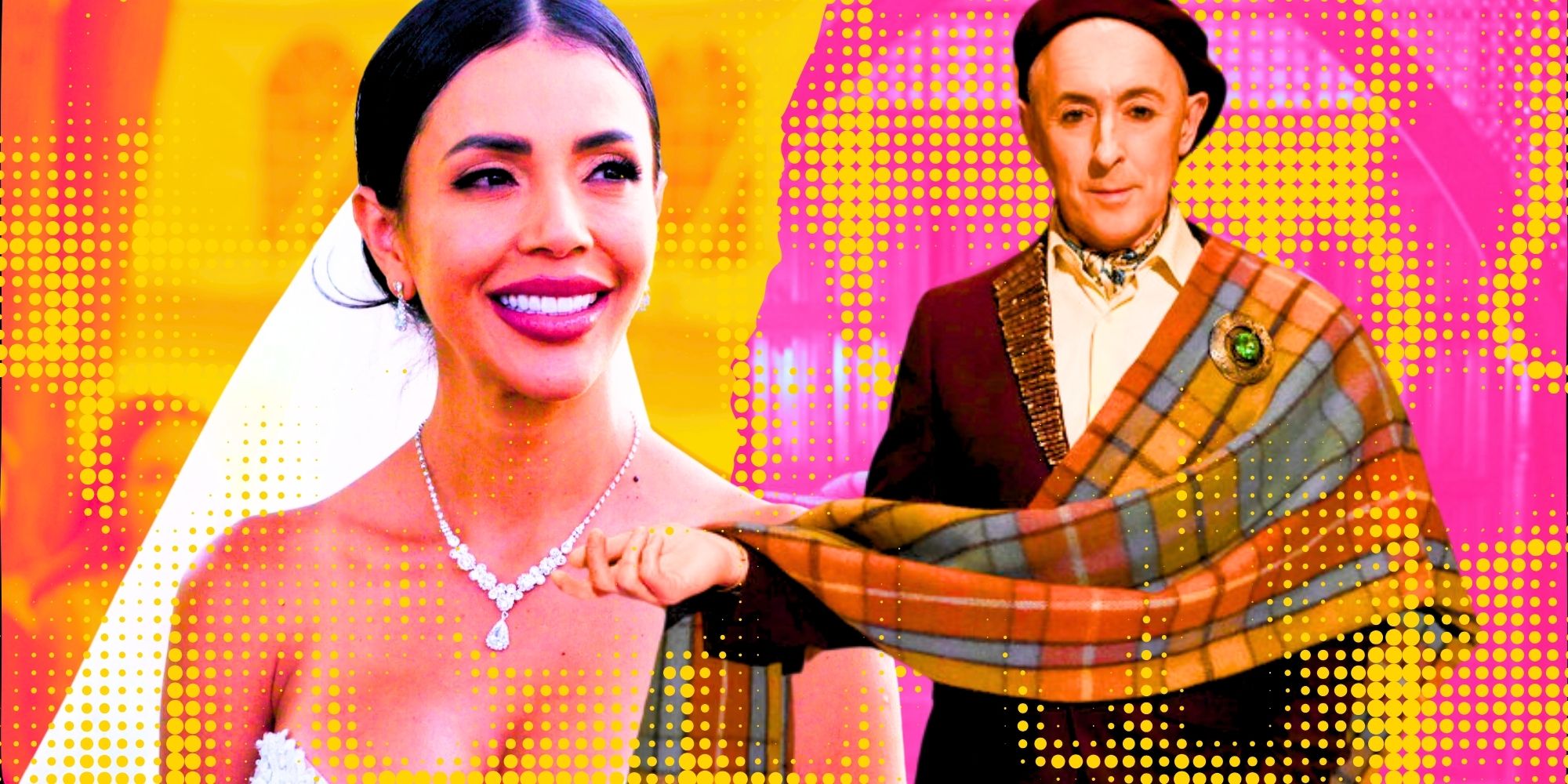Jack Nicholson is one of the most recognizable and epochal names in Hollywood. He came of age during the New Hollywood movement in the ’60s and ’70s, where directors like Martin Scorsese, Francis Ford Coppola, Hal Ashby, and Robert Altman redefined American cinema. Influenced by Asian and European films, these directors veered away from the conventional narrative style, wherein everything is resolved with a happy ending, and instead sought to tell complicated, gritty stories about morally questionable people.
Two standout films from this era, 1974’s Chinatown and 1975’s One Flew Over The Cuckoo’s Nest, have Nicholson at their helms. The first is a neo-noir tale about water rights corruption in 1937 Los Angeles, and the second is an adaptation of Ken Kesey’s novel about life in a men’s mental institution. Nicholson received endless praise and multiple awards for these back-to-back performances. While it’s easy to spend hours debating which role is Nicholson’s best, it’s clear both movies have had a lasting impact on filmmaking.
Chinatown: Nicholson Perfects The Obsessive Private Detective

In Chinatown, Nicholson plays J.J. “Jake” Gittes, a hip private detective who finds himself in the middle of a massive conspiracy involving water diversion in the drought-ridden Southern California of the 1930s.
As Gittes, Nicholson is stylish and pompous, assured in his abilities to figure out what’s really happening. He’s so consumed by the case and so unflappable in his resolve that he doesn’t realize how nefarious and violent the people he’s pursuing are until it’s too late. Chinatown’s melodramatic and dark ending leaves Gittes a dizzy mess, and Nicholson portrays Gittes’s surprise over the film’s course of events with a penetrating rawness.
Cuckoo’s: Nicholson Gives An Unhinged And Desperate Performance

As McMurphy in One Flew Over The Cuckoo’s Nest, Nicholson plays a demoralized felon who, instead of serving time in a prison labor camp for assault and statutory rape, convinces a jury to send him to a mental institution despite having no severe mental illness.
McMurphy believes he’ll have an easy ride in the asylum, but when he meets the authoritarian Nurse Ratched, he soon realizes that won’t be the case. Watching Nurse Ratched strip the other patients and charges of any joy or independence is deeply unsettling to McMurphy, and he begins to undermine her. Even though he has many unlikable qualities, McMurphy’s transformation into the resident advocate is compelling thanks to Nicholson’s intensity.
Chinatown: Gittes Is The Ultimate Voyeur

Gittes’s moral standing in Chinatown is ambiguous. He becomes involved in the water rights debacle after he’s hired by a woman, Evelyn Mulwray, to follow her unfaithful husband. It turns out the woman was an actor paid by businessman Noah Cross to ruin the reputation of his former partner, Hollis Mulwray. After Hollis is found dead in a reservoir from an apparent suicide, Gittes suspects foul play. His hunch is further supported by the fact that despite the drought, large quantities of water are being drained from the reservoir every night.
Gittes’s role in the film feels voyeuristic and prying. His motivations for uncovering the truth about Hollis are unclear, and he digs deeper and deeper into the case out of some perverse need to know what’s going on, not out of a need to do the right thing.
Cuckoo’s: McMurphy Is The Ultimate Anti-Hero

McMurphy has few redeeming qualities, yet Nicholson manages to transform this shady character into the film’s unlikely hero. Nicholson is supported by the likes of Brad Dourif and Danny DeVito, who play other patients whose chances at recovery are tainted by Nurse Ratched’s abrasive, tyrannical hand.
McMurphy challenges Nurse Ratched by giving his bedfellows tastes of freedom. He steals a hospital bus in order to take everyone fishing, and he hires two sex workers, buys a bunch of alcohol, and throws a party one night when Ratched isn’t around. While his choices seem a bit short-sighted and reactionary, McMurphy’s freewheeling ways are in direct opposition to the repressive setting of the movie.
Chinatown: The Dynamic Between Nicholson And Faye Dunaway Is Engrossing

Faye Dunaway plays the real Evelyn Mulwray in Chinatown, who also happens to be the daughter of her late husband Hollis’s former business partner, Noah Cross, whom Gittes believes is behind the conspiracy. In her role as Evelyn, Dunaway both plays up and subverts the femme fatale trope. As she gets closer to Gittes, the two develop a romance marked by an uneasy dependency and attraction.
Gittes and Evelyn don’t trust each other, yet they engage in a sexual relationship. Gittes believes Evelyn is involved in Hollis’s murder and the water rights conspiracy, and Evelyn seems wary of all men. Watching these two characters navigate the shadowy corners of Los Angeles together is mesmerizing.
Cuckoo’s: The Dynamic Between McMurphy And Nurse Ratched Is Engrossing

McMurphy and Nurse Ratched play paradoxical forces in One Flew Over The Cuckoo’s Nest. McMurphy represents the unrestrictive and impulsive individual who has no concern for consequences, while Ratched treats such qualities as a disease, believing the only way to handle disparate and offbeat people like her patients is with oppressive cruelty.
Louise Fletcher won an Oscar for her role as Nurse Ratched, a symbol of bureaucratic power in an institution that is supposed to rehabilitate people. McMurphy and Ratched’s ongoing battle comes to a head when he attempts to strangle her, and her position of authority gives her the ability to retaliate by having McMurphy lobotomized.
Chinatown: Nicholson Won A Golden Globe For His Performance

Nicholson won a Golden Globe in 1975 for his performance as Gittes. What makes this role so special is Nicholson’s ability to transform Gittes into much more than a traditional noir detective. Gittes’ insistence and perseverance are muddled by the movie’s ending, which makes the search for truth feel pointless.
Instead of bringing Noah Cross to justice, the lives of those being investigated by Gittes implode. The film ends with Evelyn and Noah dead, leaving Gittes without the kind of clarification he desired for so long. Instead, all he gets is a shrug of the shoulders from his associate, who then says, “Forget it, Jake. It’s Chinatown.”
Cuckoo’s: Nicholson Won An Oscar For His Performance

A year after winning a Golden Globe for his role in Chinatown, One Flew Over The Cuckoo’s Nest swept the 1976 Academy Awards. Nicholson won his first Oscar for his performance as McMurphy, solidifying the importance of not only his acting style but of McMurphy’s chaotic disposition in the movie.
McMurphy symbolizes the dark underbelly of the ’60s and ’70s counterculture movements, electrified by the Vietnam War, economic disparity, and international rebellions. Nicholson’s performance perfectly captures the mood of an era where many people felt isolated and angry.
Chinatown: The Neo-Noir Script Is Both Thrilling And Original

Robert Towne, the author of Chinatown‘s screenplay, wrote it with Nicholson in mind. Inspired by stories of Southern California in the early days of Hollywood and by the works of noir writer Raymond Chandler, he sought to tell a classic detective story reworked for modern audiences.
Towne butted heads with the film’s director, Roman Polanski, who wanted a much darker and more evocative film. Polanski revised the script so the audience uncovers the mystery along with Gittes, and he rewrote the ending to make it as tragic and upsetting as possible. Just a few years out from the brutal murder of his pregnant wife Sharon Tate, Polanski was not interested in redemptive storytelling.
Cuckoo’s: The Script Combines Comedy and Drama Flawlessly

Czech director Miloš Forman, who was transitioning into American cinema at the time, worked with screenwriters Lawrence Hauben and Bo Goldman on the script, which took some time to finish. What Forman was eventually left with was a script equal parts hilarious and heartbreaking.
The pervasive dark humor in the film isn’t for everyone, but it suits the setting of the film. It was Kirk Douglas who originally bought the rights to make the film, and it took 10 years to get a green light. By that time, he’d sold the rights to his son Michael, who was able to bring it together with Nicholson on board to star.
